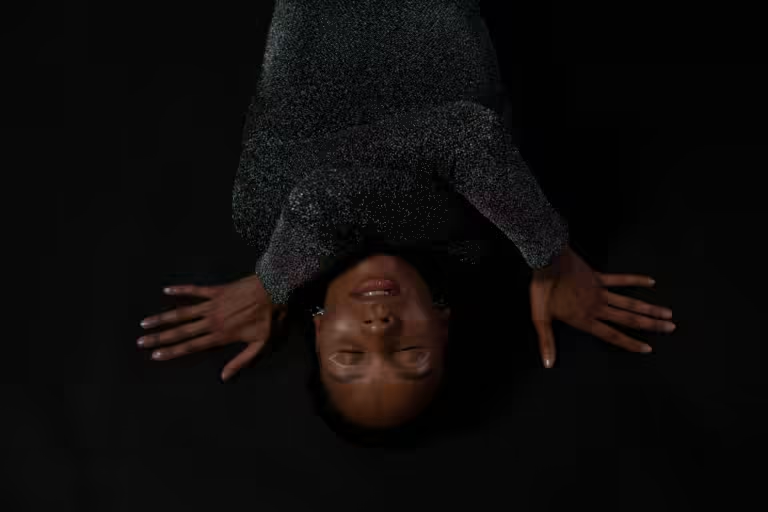CC BY-NC-ND
This license enables reusers to copy and distribute the material in any medium or format in unadapted form only, for noncommercial purposes only, and only so long as attribution is given to the creator. CC BY-NC-ND includes the following elements:
![]() BY: credit must be given to the creator.
BY: credit must be given to the creator.![]() NC: Only noncommercial uses of the work are permitted.
NC: Only noncommercial uses of the work are permitted.![]() ND: No derivatives or adaptations of the work are permitted.
ND: No derivatives or adaptations of the work are permitted.
Agenda
Total Duration: 4 hours
- Introduction (15 minutes)
- Welcome and workshop overview
- Brief introduction to astrophotography
- Objectives of the workshop
- Basics of Astrophotography (30 minutes)
- What is astrophotography?
- Types of astrophotography (wide-field, deep-sky, planetary, etc.)
- Essential gear and equipment:
- Cameras (DSLR, mirrorless, dedicated astro cameras)
- Lenses and telescopes
- Tripods and mounts
- Tracking mounts and star trackers
- Importance of planning and location scouting
- Camera Settings and Techniques (45 minutes)
- Understanding exposure triangle (aperture, shutter speed, ISO)
- Focusing techniques for night sky photography
- Composition tips for astrophotography
- Using manual mode and bulb mode
- Light pollution and its impact
- Practical Session 1: Equipment Setup and Calibration (45 minutes)
- Setting up the camera and tripod
- Aligning the tracking mount
- Calibrating the focus
- Polar alignment techniques
- Break (15 minutes)
- Capturing the Night Sky (45 minutes)
- Planning your shot (using apps and tools like Stellarium, SkySafari)
- Identifying key celestial objects and constellations
- Techniques for shooting Milky Way, star trails, and constellations
- Using remote triggers and intervalometers for long exposures
- Practical Session 2: Hands-On Shooting (60 minutes)
- Participants practice shooting under guidance
- Tips and tricks for optimizing shots in real-time
- Troubleshooting common issues
- Post-Processing Techniques (45 minutes)
- Introduction to astrophotography software (Lightroom, Photoshop, DeepSkyStacker)
- Basic editing workflow for astrophotography
- Stacking images for noise reduction and detail enhancement
- Adjusting levels, curves, and color balance
- Q&A and Closing Remarks (15 minutes)
- Open floor for questions and answers
- Recap of key points
- Sharing additional resources and learning materials
- Feedback collection and closing remarks
Materials Needed
- Cameras (DSLR, mirrorless, or dedicated astro cameras)
- Wide-angle lenses or telescopes
- Tripods and star trackers
- Remote triggers or intervalometers
- Laptop with editing software (Lightroom, Photoshop, DeepSkyStacker, etc.)
- Projector and screen for presentations
- Printed handouts or digital copies of key points and resources
Additional Tips
- Ensure participants have the necessary gear and inform them in advance.
- Choose a location with minimal light pollution for practical sessions.
- Provide clear instructions and guidance during hands-on sessions.
- Encourage participants to ask questions and engage in discussions.
This workshop outline is designed to give participants a comprehensive introduction to astrophotography, combining both theoretical knowledge and practical experience.









